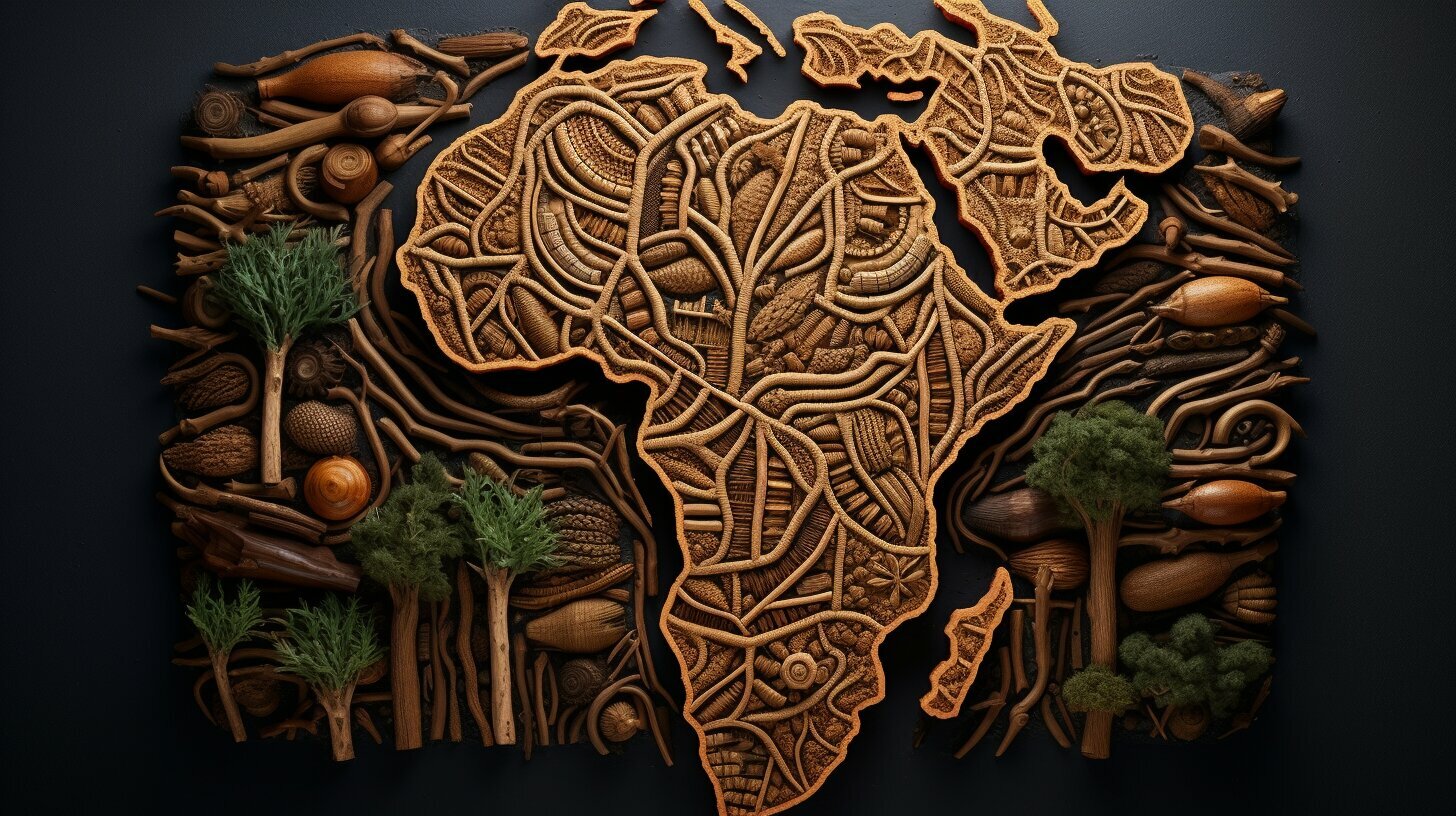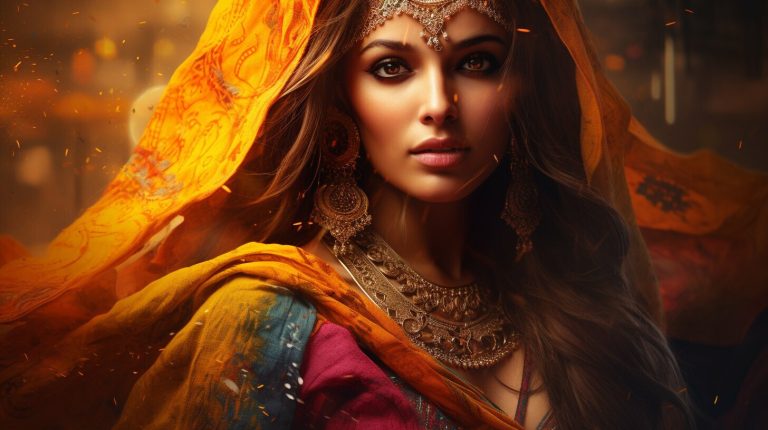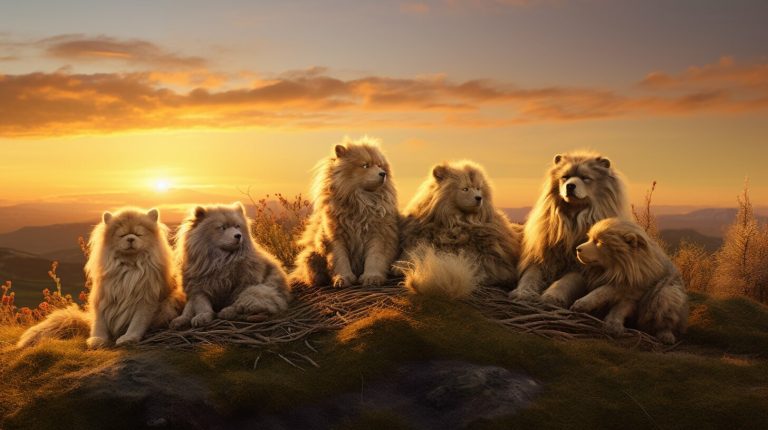Unraveling Why Africa is Called the Motherland
The Diversity and Complexity of Africa’s Cultural Landscape
Africa’s cultural landscape is a tapestry woven with ancient and contemporary traditions, reflecting its rich history as the cradle of humanity. It is often referred to as the “Motherland,” a term that holds deep symbolism and significance. While the exact origin of this name is still debated, Africa’s relevance as the motherland cannot be denied. Whether it comes from the Egyptian word Afru-ika, the Greek word aphrike, or the Latin word aprica, Africa stands as a testament to the diversity and complexity of human civilization.
The cultural diversity found in Africa is a result of centuries of migration patterns and historical events. The Bantu Migration, one of the largest population movements in human history, spread Bantu-speaking peoples across the continent, shaping its linguistic and cultural diversity. Additionally, the African slave trade introduced African cultures to other parts of the world, leaving a lasting impact on the global cultural landscape. Today, Africa is home to a multitude of contemporary cultures, each with its own unique traditions and practices.
From the nomadic Maasai warriors of East Africa to the resilient Tuareg people of the Sahara Desert, Africa’s contemporary cultures showcase the resilience and adaptability of its people. The Bambuti, also known as the “Pygmies,” are one of the oldest indigenous groups in Africa, with a rich cultural heritage that has endured for thousands of years. These diverse cultures contribute to Africa’s vibrant tapestry, adding depth and richness to its identity as the motherland.
However, Africa’s relationship with the West has not always been harmonious. The continent’s history is marred by the dark shadow of colonialism, with European powers exerting control and exploitation over African nations. This legacy has had a profound impact on African societies, shaping their struggles for independence and self-determination. The ongoing debates about decolonization continue to highlight the importance of recognizing Africa’s agency in shaping its own future, moving towards a more inclusive and empowered narrative.
| Africa’s Cultural Landscape | Migration Patterns | Contemporary Cultures |
|---|---|---|
| Ancient traditions | Bantu Migration | Maasai |
| Rich history | African slave trade | Tuareg |
| Diverse languages | Bambuti |
In conclusion, Africa’s cultural landscape is a testament to its historical significance as the birthplace of human civilization. Its diversity and complexity are reflected in the ancient traditions that have shaped its identity and the contemporary cultures that thrive within its borders. Africa’s relevance as the motherland goes beyond symbolic interpretations – it is a recognition of the continent’s agency in shaping its own future. As we strive for a deeper understanding of Africa’s complexity, it is crucial to acknowledge and uplift the voices and narratives of its people, fostering a more inclusive and empowered world.
Colonialism and Debates about Decolonization
Africa’s history with the West is marked by a tumultuous relationship, defined by centuries of colonialism and ongoing discussions about decolonization. The impact of colonization on African societies cannot be overstated, as it has had far-reaching consequences on all aspects of African life, from culture and language to education and governance.
During the era of colonialism, European powers sought to exploit Africa’s vast resources and establish political control over its territories. This led to the partitioning of Africa among European powers, resulting in arbitrary borders that often ignored the existing ethnic and cultural divisions.
| Key Themes | Impacts |
|---|---|
| Exploitation of Resources | Europeans extracted Africa’s natural resources, such as rubber, diamonds, and gold, for their own economic gain, leading to the impoverishment of African communities. |
| Social and Cultural Disruption | The introduction of Western education, religion, and governance systems disrupted traditional African societies, eroding cultural practices and institutions. |
| Economic Dependence | Colonial powers created economies dependent on cash crops and raw materials, perpetuating Africa’s reliance on the West for trade and development. |
Today, the legacy of colonialism continues to shape African nations and their struggles for independence and self-determination. The debates surrounding decolonization focus on dismantling the systems and structures that perpetuate inequality and neo-colonialism. African nations are reclaiming their cultural identity, challenging Eurocentric narratives, and seeking to build societies that reflect their own values and aspirations.
Challenges and Opportunities
However, decolonization is not without its challenges. African countries face numerous obstacles in their quest for true independence, including economic disparities, political instability, and the continued influence of former colonial powers. Additionally, the process of decolonization requires a careful examination of how power is distributed and who benefits from existing systems.
“The reclaiming of Africa’s agency and the pursuit of decolonization are essential for building a more equitable and inclusive future. It is a journey that requires addressing the historical and ongoing effects of colonialism, while empowering African voices and perspectives.”
Despite these challenges, there are also tremendous opportunities for Africa to shape its own future. The continent is rich in natural resources, has a young and dynamic population, and possesses a vibrant cultural heritage. By embracing its diverse traditions and fostering economic and political cooperation among African nations, Africa can define its destiny on its own terms.
| Challenges | Opportunities |
|---|---|
| Economic Disparities | Expanding industries, promoting entrepreneurship, and investing in infrastructure can help bridge the economic divide and create opportunities for all Africans. |
| Political Instability | Strengthening democratic institutions, promoting good governance, and encouraging citizen participation can lay the foundation for stable and accountable governments. |
| External Influence | By forming alliances, fostering regional integration, and leveraging its collective voice on the global stage, Africa can assert its interests and reduce external influence. |
As Africa continues its journey towards self-determination, it is essential for the international community to support and collaborate with African nations, recognizing Africa’s role as the Motherland and respecting its agency in shaping its own future. By working together, we can build a more inclusive and empowered narrative for Africa and its people.
Africa’s Role in Human Evolution and Diversity
Africa’s importance as the Motherland extends beyond cultural significance, as it is also the birthplace of Homo sapiens and a treasure trove of diverse human societies. The archaeological evidence overwhelmingly supports Africa as the origin of our species, with fossil discoveries dating back millions of years found exclusively on the continent. This makes Africa not only a source of immense pride but also a vital piece in the puzzle of understanding our shared human history.
The rich diversity found within Africa is a testament to the continent’s long and complex history. From the lush plains of the Serengeti to the towering peaks of the Atlas Mountains, Africa is home to a breathtaking array of landscapes and ecosystems. These diverse environments have influenced the development of unique cultures, languages, and traditions that continue to thrive to this day.
One fascinating aspect of Africa’s cultural and genetic diversity is the presence of indigenous groups that have preserved their ancient ways of life. The Maasai of East Africa, known for their vibrant clothing and traditional pastoralist lifestyle, provide a living connection to Africa’s past. Similarly, the Tuareg people of the Sahara Desert possess a rich cultural heritage and are known for their distinctive blue attire. The Bambuti, also known as Pygmies, have inhabited the rainforests of central Africa for thousands of years and have a deep knowledge of their natural surroundings.
| Culture | Location | Distinctive Features |
|---|---|---|
| Maasai | East Africa | Colorful clothing, pastoralist lifestyle |
| Tuareg | Sahara Desert | Distinctive blue attire, nomadic traditions |
| Bambuti (Pygmies) | Central Africa | Rainforest dwelling, deep knowledge of natural surroundings |
As we continue to uncover the hidden stories of Africa’s past, it is important to recognize the continent’s agency in shaping its own future. Africa’s history as the Motherland, its contributions to human evolution, and its diverse cultural heritage all serve as reminders of the continent’s significance on the global stage. By embracing Africa’s complexity and celebrating its rich legacy, we can foster a more inclusive and empowered narrative that honors the continent’s unique place in the world.
Towards a Future of Self-Determination
Africa continues to strive for self-determination and empowerment, challenging the narratives of its past and embracing its significance as the Motherland. As the birthplace of human civilization and the only continent where fossil evidence of human evolution has been found, Africa holds a rich legacy that demands recognition and understanding. Its diverse cultural landscape, shaped by ancient migration patterns and contemporary groups like the Maasai, Tuareg, and Bambuti, showcases the continent’s complexity and significance.
The history of colonialism has left a lasting impact on African societies, but Africa is not defined solely by its past. African nations are forging their own paths, breaking free from the legacies of colonization, and asserting their identities and futures. The ongoing debates surrounding decolonization are a testament to Africa’s determination to shape its own destiny and challenge the narratives imposed upon it.
Recognizing Africa’s relevance as the Motherland is key to empowering its people and fostering a more inclusive narrative. Africa’s rich cultural heritage, diverse languages, and traditions contribute to its uniqueness and significance on the global stage. Understanding this complexity and embracing Africa’s agency in shaping its own future is crucial for establishing a more equitable and respectful relationship between Africa and the rest of the world.
| Key Points |
|---|
| Africa’s cultural landscape is diverse and complex, shaped by migration patterns and contemporary cultures like the Maasai, Tuareg, and Bambuti. |
| Africa’s history of colonialism and ongoing debates about decolonization highlight the continent’s struggle for self-determination and agency. |
| Recognizing Africa’s significance as the Motherland is essential for empowering its people and fostering a more inclusive narrative. |
| Africa’s rich legacy and contributions to humanity demand a deeper understanding and appreciation. |
Understanding Africa’s Rich Legacy
In conclusion, Africa’s designation as the Motherland carries with it a deep historical and cultural significance, emphasizing its role as the birthplace of humanity and showcasing its diverse contributions to the world. Africa’s rich legacy is rooted in its complex history and the diverse cultures that have flourished on the continent throughout the ages.
Africa is home to a wide range of cultures and languages, each with its own unique traditions, customs, and beliefs. From the ancient civilizations of Egypt and Nubia to the indigenous tribes of the Maasai, Tuareg, and Bambuti, Africa’s cultural landscape reflects the richness and diversity of its people.
Furthermore, Africa’s historical significance as the birthplace of human civilization cannot be overstated. It is the only continent where fossil evidence of human evolution has been found, providing valuable insights into our shared ancestry. The discoveries made in Africa have revolutionized our understanding of human origins and continue to shape scientific research in fields such as anthropology and archaeology.
Despite the challenges of colonialism and ongoing debates about decolonization, Africa remains a resilient and vibrant continent, determined to shape its own future. It is crucial that we recognize Africa’s agency in forging its own path and respect its diverse cultures and contributions to the world. By embracing a deeper understanding of Africa’s complexity and rich legacy, we can foster a more inclusive and empowered narrative that celebrates the continent’s true essence as the Motherland.
FAQ
Why is Africa often referred to as the “Motherland”?
The origin of this name is still disputed. Some scholars believe it comes from the Egyptian word Afru-ika, meaning “Motherland,” while others suggest it derives from the Greek word aphrike, meaning “without cold,” or the Latin word aprica, meaning “sunny.” Regardless of the origin, Africa is seen as the birthplace of human civilization.
How has migration shaped Africa’s cultural landscape?
Migration patterns, such as the Bantu Migration and the African slave trade, have played a significant role in shaping Africa’s cultural diversity. These movements of people have resulted in the blending and exchange of cultures, languages, and traditions throughout the continent.
What are some examples of contemporary cultures in Africa?
Africa is home to a wide range of contemporary cultures, including groups like the Maasai, Tuareg, and Bambuti. These cultures have unique customs, languages, and ways of life, contributing to the rich tapestry of Africa’s cultural heritage.
How has colonialism impacted Africa?
Africa’s complex relationship with the West includes a history of colonialism, which had a profound impact on African societies. The colonization of Africa by European powers resulted in the exploitation of resources, displacement of indigenous populations, and the imposition of foreign cultural, political, and economic systems.
What is the ongoing debate about decolonization?
Decolonization refers to the process of undoing the effects of colonialism and asserting self-determination. There are ongoing debates about how to address the legacies of colonialism, including issues of economic dependency, social inequality, and political instability, as well as the role of Western powers in supporting or hindering African nations in their pursuit of independence.
Why is Africa significant in terms of human evolution and diversity?
Africa is considered the birthplace of Homo sapiens, and it is the only continent where fossil evidence of human evolution has been found. The continent’s rich biodiversity and diverse cultures, languages, and traditions highlight the unique contributions Africa has made to humanity’s collective heritage.
How is Africa working towards self-determination and empowerment?
African nations are striving to break free from the legacies of colonialism and assert their own identities and paths. Efforts towards self-determination include political independence, economic development, cultural preservation, and the empowerment of marginalized communities.
Why is it important to understand Africa’s rich legacy?
Understanding Africa’s complexity and rich legacy is crucial for fostering a more inclusive and empowered narrative. It is important to acknowledge Africa’s agency in shaping its own future and to challenge the historical narratives that often overshadow African voices and contributions.
- Discovering Why Do Women Wear Lipstick: A Deeper Look - 19/12/2023
- Why Do Golfers Only Wear One Glove? - 16/12/2023
- Why Don’t Hobbits Wear Shoes? - 14/12/2023
Hi, I’m Rhiannon, the lead author behind The News Wire. As a passionate journalist, I strive to bring you the latest news and updates from all over the world. With a keen eye for detail and a dedication to unbiased reporting, I aim to deliver well-researched and informative articles that keep you informed and engaged. From breaking news to in-depth analyses, I cover a wide range of topics with the aim of keeping you in the loop. Join me on The News Wire as we explore the dynamic and ever-changing landscapes of global events, uncovering the stories that matter most.






